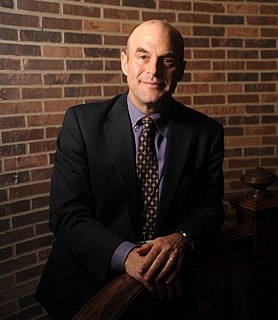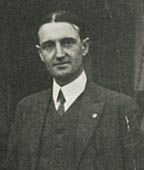A Quote by Isidore of Seville
Confession heals, confession justifies, confession grants pardon of sin, all hope consists in confession; in confession there is a chance for mercy.
Related Quotes
In the twentieth century the Reformed tradition was developed in several ways including additional confessions (Barmen, the Belhar Confession, the 1967 Confession of the PC(USA), and so on). It was also significantly augmented by the work of important thinkers like Karl Barth, T. F. Torrance, Jürgen Moltmann, Emil Brunner, Kathryn Tanner, and so on.
Guilt must not be allowed to fester in the silence of the soul, poisoning it from within. It needs to be confessed. Through confession we bring it into the light, we place it within Christ's purifying love. In confession, the Lord washes our soiled feet over and over again and prepares us for table fellowship with him.
The Reformed tradition at the beginning of the twenty-first century is different as a consequence of this - and different in nontrivial ways. Some may scoff at this, saying that such "developments" don't represent Reformed thought. But by what standard? Perhaps by the Westminster Confession. But this is only one Reformed confession, and it was only ever a subordinate standard.
Confession frees, but power reduces one to silence; truth does not belong to the order of power, but shares an origincal affinity with freedom: traditional themes in philosophy, which a political history of truth would have to overturn by showing that truth is not by nature free--nor error servile--but that its production is thoroughly imbued with relations of power. The confession is an example of this.
Truth is that concordance of an abstract statement with the ideal limit towards which endless investigation would tend to bring scientific belief, which concordance the abstract statement may possess by virtue of the confession of its inaccuracy and one-sidedness, and this confession is an essential ingredient of truth.
Art has to be a kind of confession. I don't mean a true confession in the sense of that dreary magazine. The effort it seems to me, is: if you can examine and face your life, you can discover the terms with which you are connected to other lives, and they can discover them, too - the terms with which they are connected to other people.










































